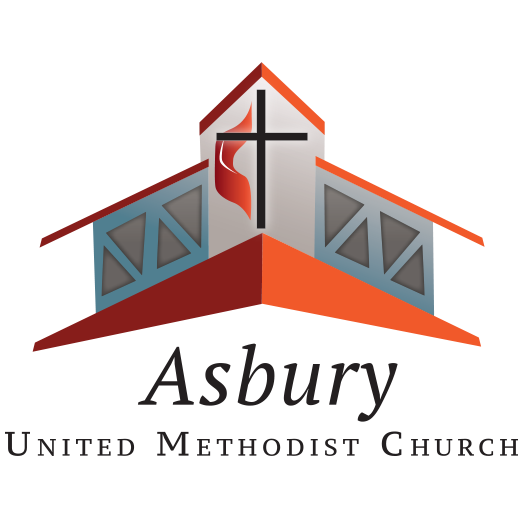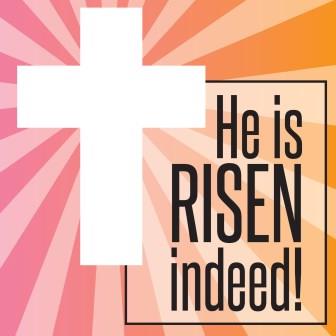Never in my wildest nightmare could I imagine asking my ministry colleagues to not hold in-person Holy Week or Easter worship services. But after much consultation, prayer, processing of data, and seeking to comply with guidelines from the Centers for Disease Control and our three-state governments, I am extending my earlier request and now asking that all our congregations suspend in-person worship until at least May 10, in compliance with the CDC’s eight-week ban on gatherings of 50 people or more and the closure of schools and many public places in the Dakotas-Minnesota Area. I will, of course, continue to monitor new data and directives, or relaxed restrictions, and update or modify my request as appropriate.
Friends, we need to continue to be the first responders in our communities and lead the efforts to curtail the spread of this pandemic to our neighbors. This is a part of our missional imperative to heal a broken world. Frankly, I am an ambivalent jumble of feelings.
I often find myself joining Jeremiah’s lament:
“Have you completely rejected Judah?
Does your heart loathe Zion?
Why have you struck us down
so that there is no healing for us?
We look for peace, but find no good
for a time of healing, but there
is terror instead.” (Jeremiah 14:19 NRSV)
At the same time, my heart is filled with compassion for those who are ill, our over-worked and under-resourced health care professionals, those losing jobs and businesses and retirement funds, and our most vulnerable neighbors — the homeless, the elderly, those who cannot shelter in place.
My heart also swells with pride. I am humbled, encouraged, inspired by the resilience, speed, adaptability, and innovative spirit of our clergy and lay leadership. You are demonstrating time and time again that canceling mass gatherings does not mean canceling community or ministry. You are bearing witness to the truth that social distancing does not have to lead to social isolation or neglected relationships or interrupted pastoral care. You are demonstrating time and time again that a pandemic does not kill our spirit of generosity. We remain a people to whom much has been given through our salvation and hope in Christ Jesus.
We are also still in the midst of Lent. The novelist Jim Crace authored a book in 1998 titled “Quarantine.” His fictitious narrative has Jesus quarantined in the wilderness with others forced or choosing to practice social distancing. This interesting twist on Jesus’ 40 days in the wilderness has encouraged me to use these days of adapting my work and relational patterns as a time to listen more deeply to the movement of God’s Spirit in my heart and mind and soul. My Lenten journey has become richer as I have come to embrace being “quarantined.” And, here is the most important thing I am hearing: Regardless of what is happening in our world on April 12, Easter cannot be canceled.
We may not be able to gather in our glorious Easter celebrations in our lily-decorated sanctuaries, but Easter cannot be canceled. The resurrection cannot be stopped or delayed or defeated! As you already know, Easter does not come on the same date every year. Therefore, especially in a crisis, we can celebrate Easter anytime. Indeed, every Sunday is a celebration of the resurrection of Jesus. We are called to live in the joy and victory of Easter every day. Perhaps this is a season to practice new, creative ways to express this resurrection joy and victory through our online worship, our pastoral care, and outreach ministries to those in desperate need of food, mental health care, or even toilet paper and surgical masks. Perhaps this is a season to begin planning for an in-person Easter celebration in July or August or whenever we can gather again.
While we and our practice of ministry are changing, and some things will continue to change for the unforeseeable future, we live in the confidence of the resurrection promise and proclamation:
Christ is risen! Christ is risen, indeed!
Bishop Bruce R. Ough is resident bishop
of the Dakotas-Minnesota Area of
The United Methodist Church.


